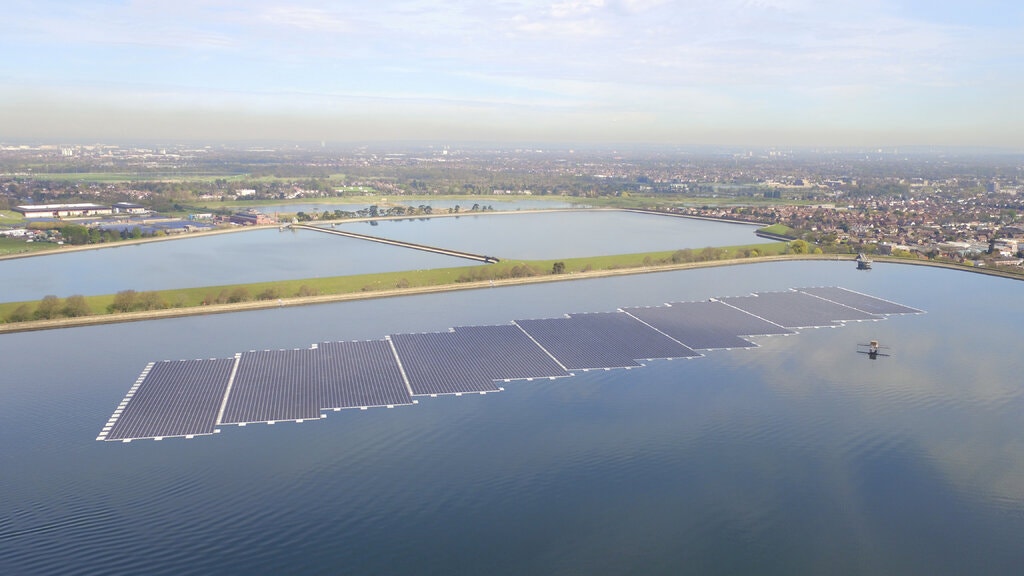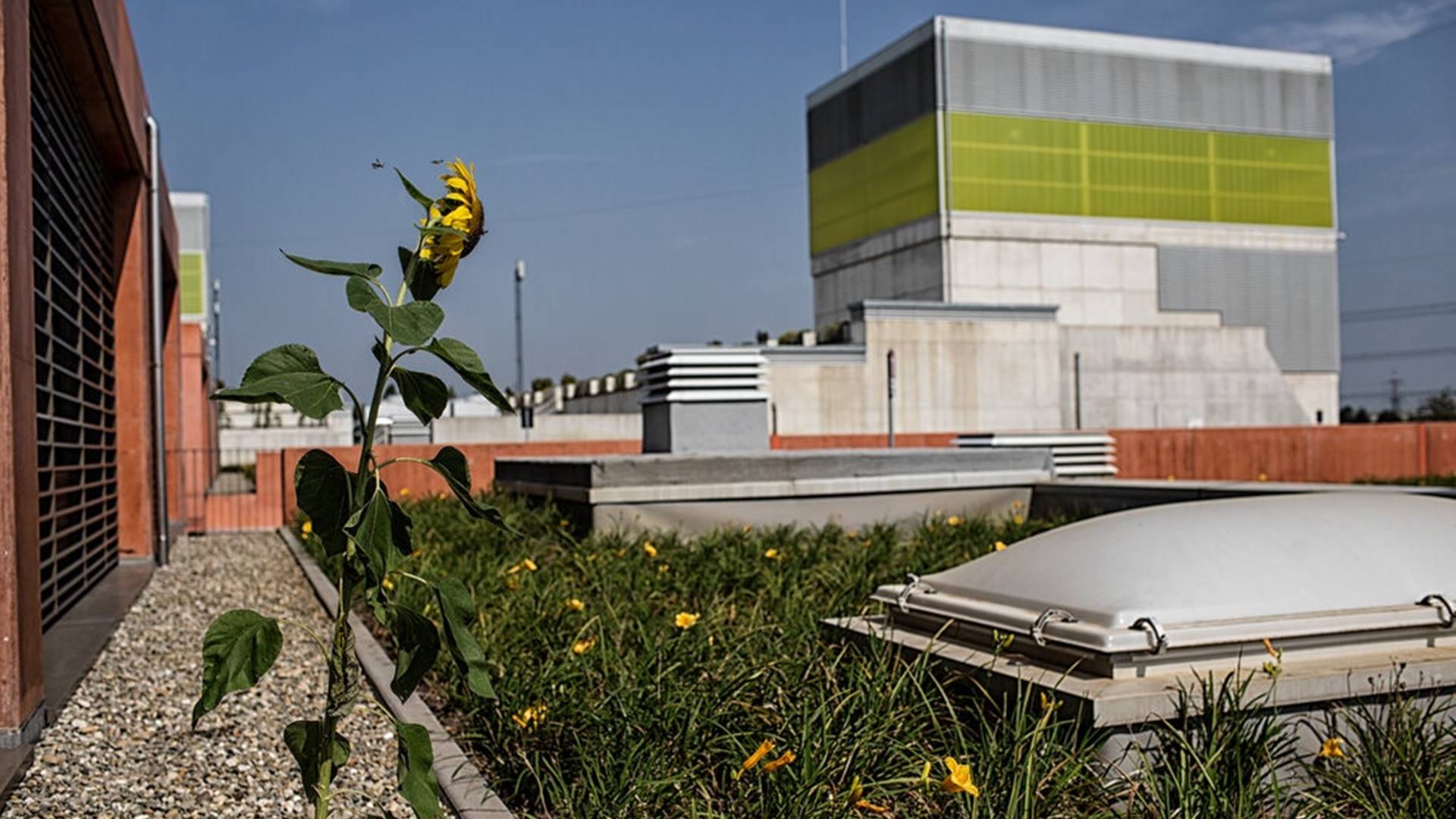Under pressure from governments and investors, industry leaders like BP and Shell are accelerating their production of cleaner energy.
This may turn out to be the year that oil giants, especially in Europe, started looking more like electric companies.
Late last month, Royal Dutch Shell won a deal to build a vast wind farm off the coast of the Netherlands. Earlier in the year, France’s Total, which owns a battery maker, agreed to make several large investments in solar power in Spain and a wind farm off Scotland. Total also bought an electric and natural gas utility in Spain and is joining Shell and BP in expanding its electric vehicle charging business.
Spooky action at a distance: The future magic of remote collaboration
At the same time, the companies are ditching plans to drill more wells as they chop back capital budgets. Shell recently said it would delay new fields in the Gulf of Mexico and in the North Sea, while BP has promised not to hunt for oil in any new countries.
Prodded by governments and investors to address climate change concerns about their products, Europe’s oil companies are accelerating their production of cleaner energy — usually electricity, sometimes hydrogen — and promoting natural gas, which they argue can be a cleaner transition fuel from coal and oil to renewables.
For some executives, the sudden plunge in demand for oil caused by the pandemic — and the accompanying collapse in earnings — is another warning that unless they change the composition of their businesses, they risk being dinosaurs headed for extinction.
This evolving vision is more striking because it is shared by many longtime veterans of the oil business.
“During the last six years, we had extreme volatility in the oil commodities,” said Claudio Descalzi, 65, the chief executive of Eni, who has been with that Italian company for nearly 40 years. He said he wanted to build a business increasingly based on green energy rather than oil.
“We want to stay away from the volatility and the uncertainty,” he added.
Bernard Looney, a 29-year BP veteran who became chief executive in February, recently told journalists, “What the world wants from energy is changing, and so we need to change, quite frankly, what we offer the world.”

The bet is that electricity will be the prime means of delivering cleaner energy in the future and, therefore, will grow rapidly.
American giants like Exxon Mobil and Chevron have been slower than their European counterparts to commit to climate-related goals that are as far reaching, analysts say, partly because they face less government and investor pressure (although the American financial community is increasingly vocal of late).
“We are seeing a much bigger differentiation in corporate strategy” separating American and European oil companies “than at any point in my career,” said Jason Gammel, a veteran oil analyst at Jefferies, an investment bank.
Companies like Shell and BP are trying to position themselves for an era when they will rely much less on extracting natural resources from the earth than on providing energy as a service tailored to the needs of customers — more akin to electric utilities than to oil drillers.
They hope to take advantage of the thousands of engineers on their payrolls to manage the construction of new types of energy plants; their vast networks of retail stations to provide services like charging electric vehicles; and their trading desks, which typically buy and hedge a wide variety of energy futures, to arrange low-carbon energy supplies for cities or large companies.
All of Europe’s large oil companies have now set targets to reduce the carbon emissions that contribute to climate change. Most have set a ”net zero” ambition by 2050, a goal also embraced by governments like the European Union and Britain.
The companies plan to get there by selling more and more renewable energy and, in some cases, by offsetting emissions with so-called nature-based solutions like planting forests to soak up carbon.
Nytimes / Balkantimes.press
Napomena o autorskim pravima: Dozvoljeno preuzimanje sadržaja isključivo uz navođenje linka prema stranici našeg portala sa koje je sadržaj preuzet. Stavovi izraženi u ovom tekstu autorovi su i ne odražavaju nužno uredničku politiku The Balkantimes Press.
Copyright Notice: It is allowed to download the content only by providing a link to the page of our portal from which the content was downloaded. The views expressed in this text are those of the authors and do not necessarily reflect the editorial policies of The Balkantimes Press.

